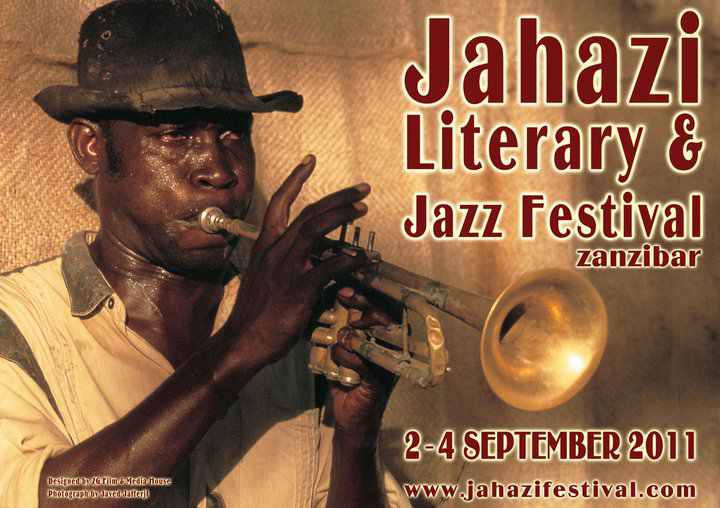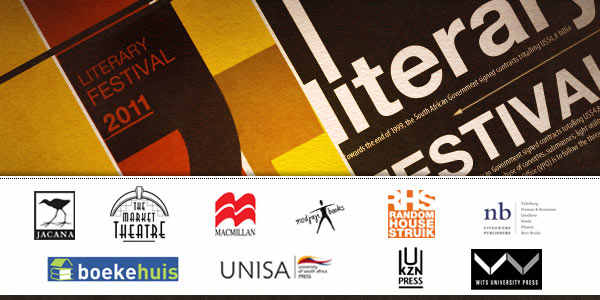My Mind Words Paper:
fiction
Call for Manuscripts from Publishers: The Burt Award for African Literature 2013 (Kenya)
Call for applications: 4th FEMWRITE regional women writers' residence (Africa)
The Emotion Book Party at the Arts Theatre (Nigeria)
Book Release: Edible Bones by Unoma Azuah at the National Library (Nigeria)
The Iowa Short Fiction Award (worldwide)
Association of Nigerian Authors - Abuja Hosts NLNG Finalists
The 10th Ghana International Book Fair Opens November 1st
CORA Publishers Forum: the Book at the Age of the Microchip (Nigeria)
Book N Gauge IV: Musing En Male (Nigeria)
Call for Book Manuscripts: Melrose Books and Publishing (Nigeria)
AllAboutWriting's September Creative Writing Course (South Africa)
When the Women Took over Book N Gauge (Nigeria)

Book Reading: Tenants of the House at The Polytechnic Ibadan
Namibian Writing Workshop Weekend
Open Book Cape Town Opens September 21st
Lee & Low New Voices Award for Writers of Color (USA)
Fiction Manuscript Editor Wanted (South Africa)
The Jahazi Literary and Jazz Festival Opens September 1st (Tanzania)

The Mail & Guardian Johannesburg Literary Festival Opens September 2nd (South Africa)

Complete Guidelines: $20,000 Wole Soyinka Prize for Literature in Africa - Fourth Edition (Africa-wide)
